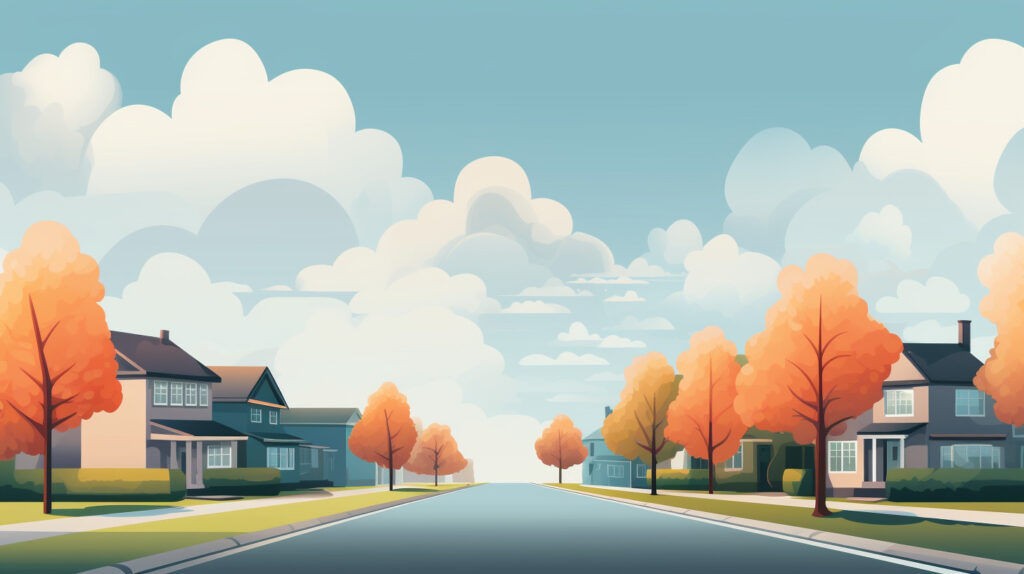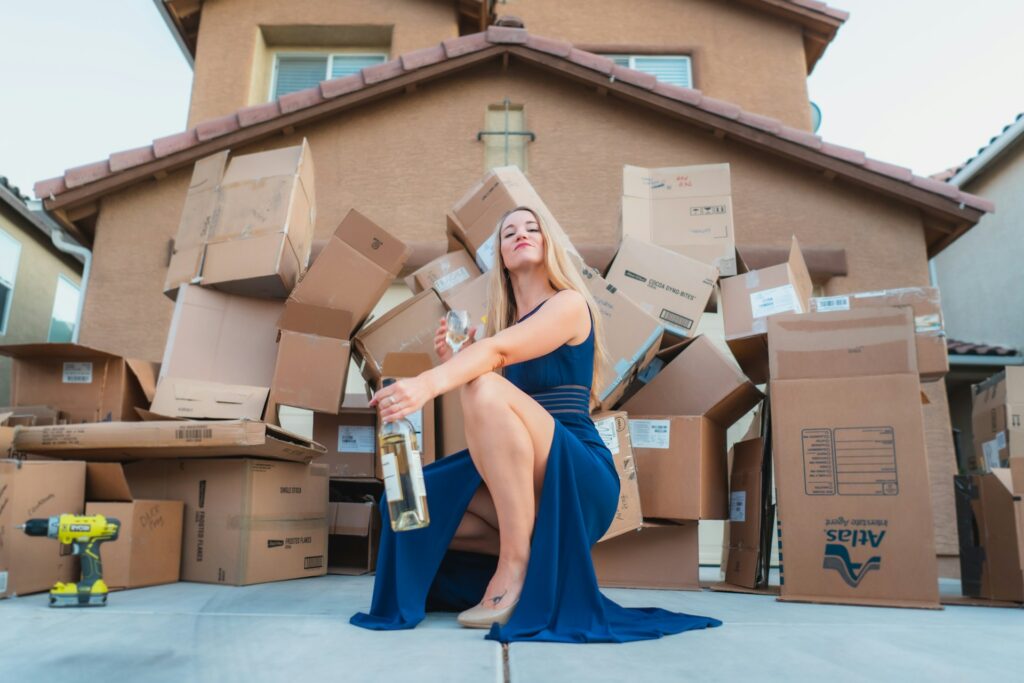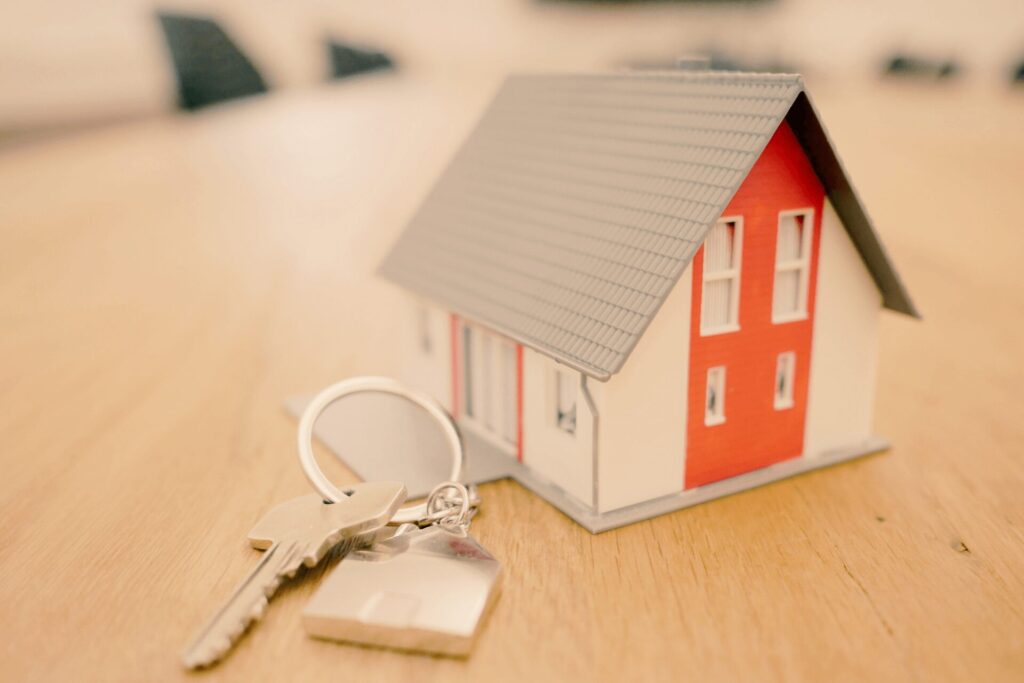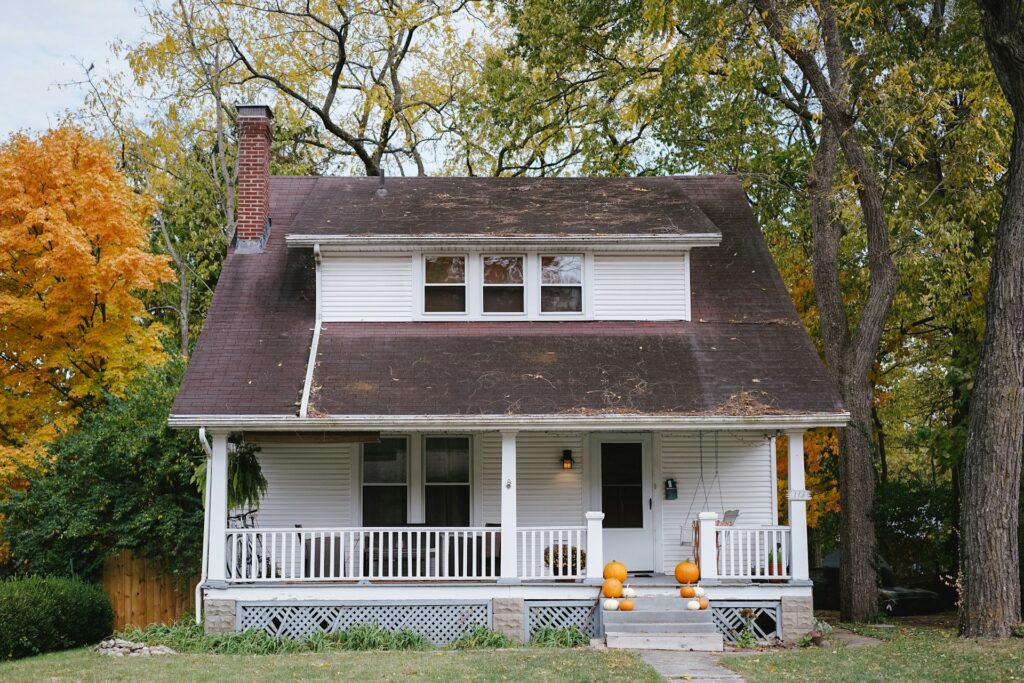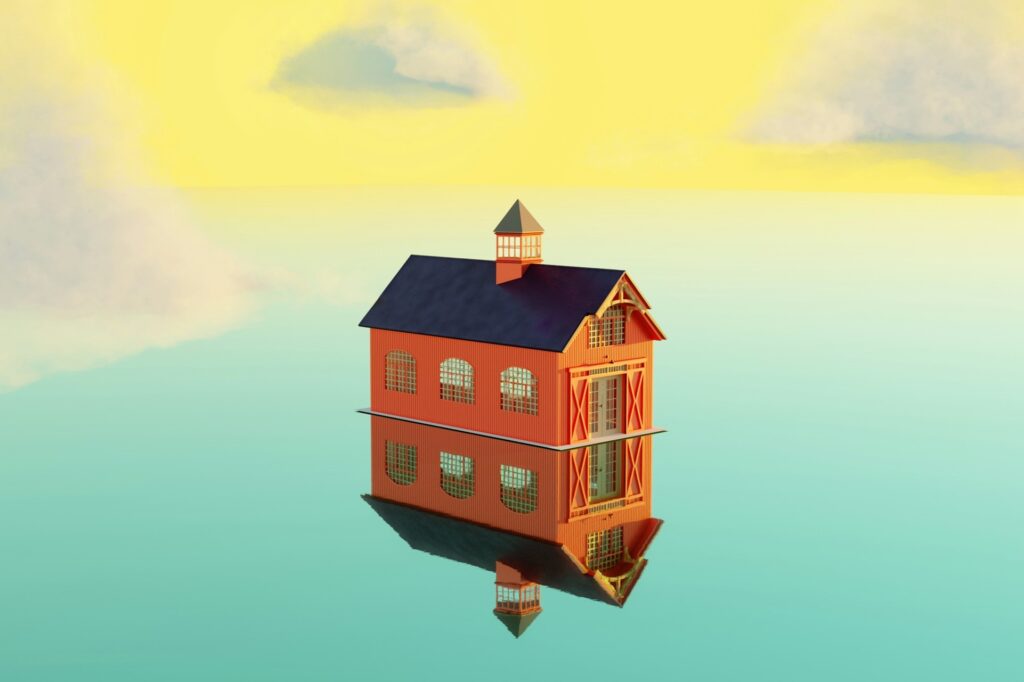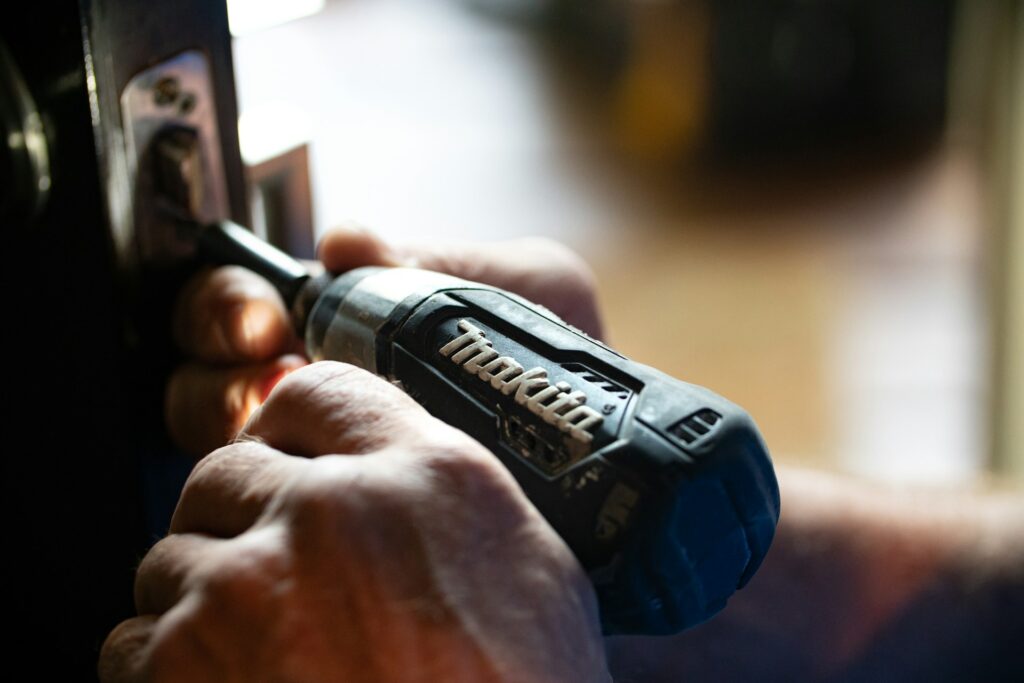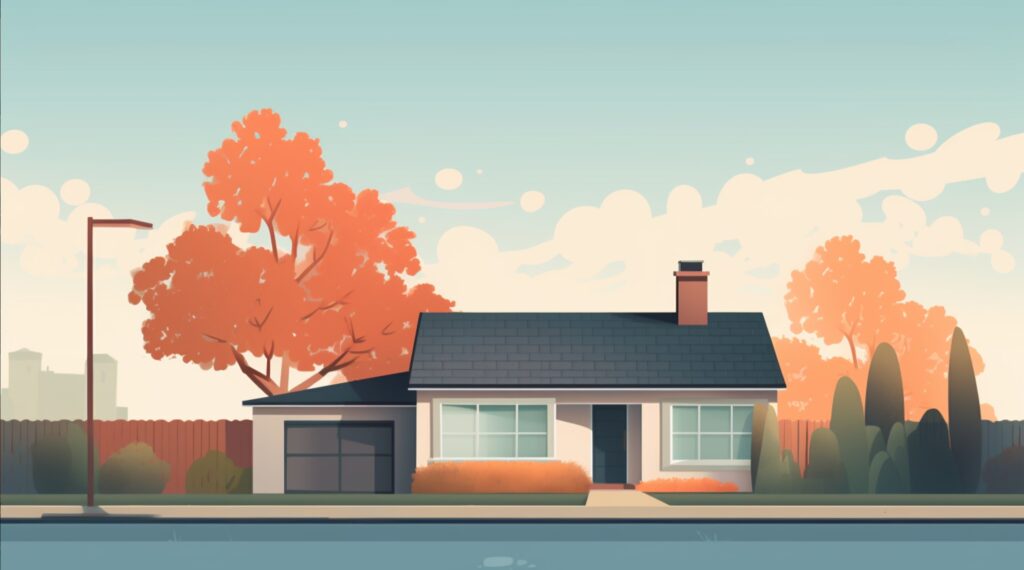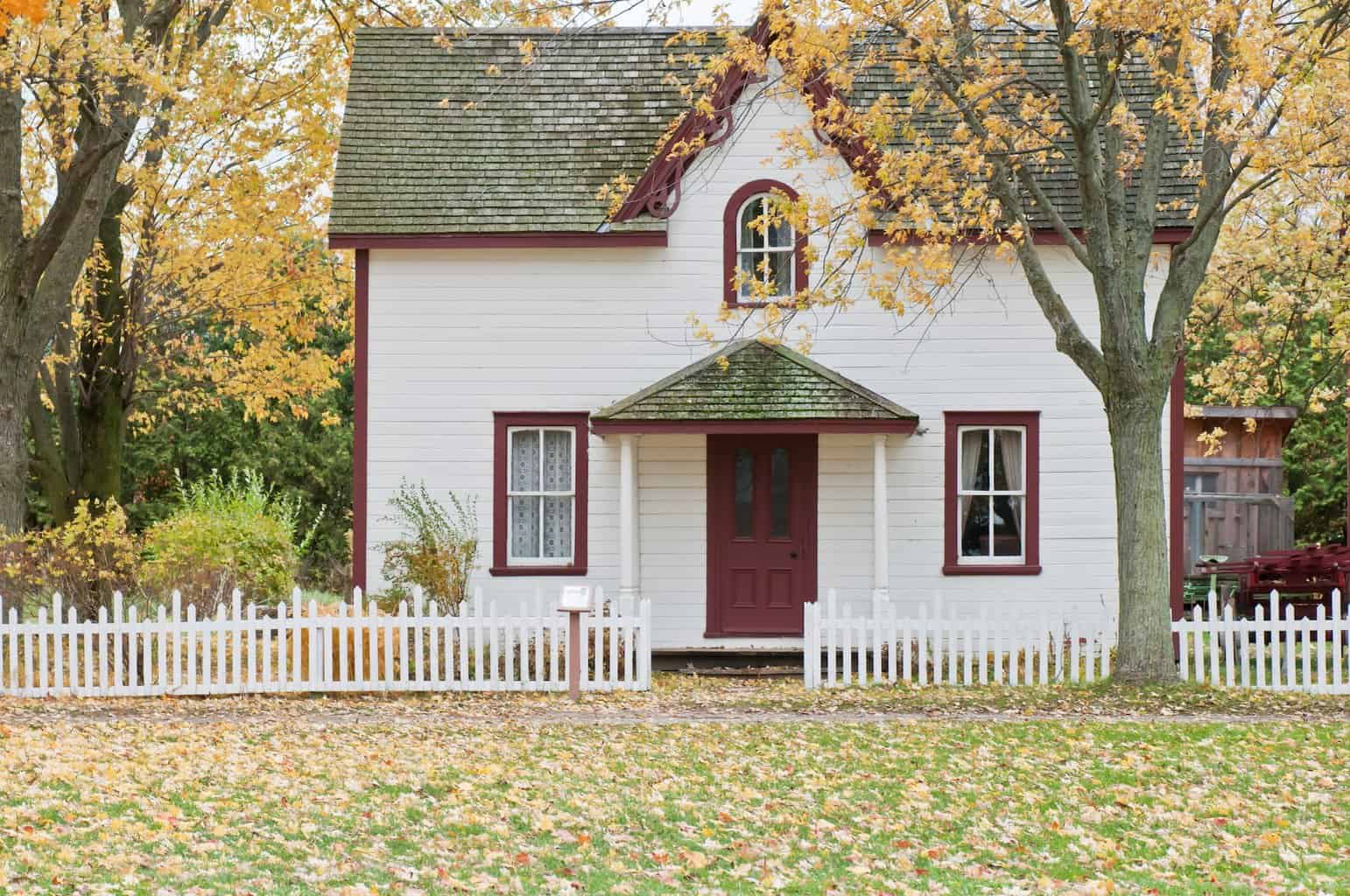
We are reader-supported. When you buy through links on our site, we may earn an affiliate commission.
If you’ve ever inhabited an apartment and shared your space with noisy, intrusive and downright creepy neighbors, complete with a landlord who regularly invaded your privacy, you probably dream of a single-family home’s peace. This building model offers considerable benefits, not the least of which is heavenly quiet.
Furthermore, such properties generally appreciate, helping you build wealth over the years. Still, they aren’t without their share of headaches, and you have other options for homeownership, including townhomes, condos and downtown lofts.
Where should you best invest your hard-earned money when it’s your time to buy? Is a single-family home your best option? Here are five questions to ask yourself.
1. Is the Location Right?
It’s no secret that land is the one thing there isn’t any more of — why else do you think the elite make it such a prominent part of their investment portfolios? For most mere mortals, this shortage means that those who want a single-family home must often relocate outside city centers. Maybe you don’t mind or even prefer country life, but have you considered your commute?
What’s worse, many people relocating to outlying areas without adequate infrastructure to support long drives to the city can find themselves sitting in traffic each day, adding insult to their existing 50-mile injury. For example, residents of the once-rural town of Maricopa, AZ, who worked in the Phoenix suburbs often spent hours on S.R. 347 as only a 2-lane country road connected them to greater civilization.
If you’re thinking of moving to the country, perhaps to eat a lot of peaches, ask yourself these questions before signing on the dotted line for that new single-family home:
- How bad is my commute? It isn’t sufficient to drive out to the property on the weekends — volume is likely lower. Try your drive during peak rush-hour traffic. Is this hassle inconvenient? Perhaps, but it can save you a small fortune, as most people’s homes represent their biggest investment. Don’t buy unaware.
- Can I handle the cost? Although gas prices are volatile and electric vehicles are becoming more of the norm, it still costs money to drive. Will the extra fuel and upkeep fit into your monthly budget?
- How secure is my WFH arrangement? Maybe you only considered moving after you scored a sweet telecommute position during the pandemic. However, more and more companies are insisting on a return to the office, much to the chagrin of countless software engineers who recently fled high-cost-of-living metro areas. It’s one thing if your position always allowed working from home — but check with your boss before investing your cash.
2. Do You Enjoy Lawn Maintenance?
Ah, the sweet serenity of a Saturday morning free from the sound of your neighbor’s toddler cartoons blaring from the other side of your bedroom wall. That is until Bill next door fires up the lawnmower and the leaf-blower. You can’t blame him for starting before the weather gets hot during the warmer months.
Buying a single-family home means performing lawn maintenance. Can you minimize your efforts by embracing xeriscaping and greening your carbon footprint while eliminating pesky grass? Absolutely. However, you’ll still have to get out there at least once a month to pull weeds, rake rocks and trim back overgrown plants.
3. Do You Have a DIY Bone?
Owning a single-family home can transform you into quite the Bob the Builder, depending on the state of your property. Even the most careful inspection won’t catch every issue.
A quality home warranty is a must — otherwise, you could be left holding the bill for pricey repairs. It’s much nicer to pay a $150 deductible than thousands on a cracked septic tank.
Still, you’ll want to fix up the old homestead and maintain it. Here’s a rough schedule of when you’ll need to replace certain items which can make a dent in your budget:
- Your roof: You may need a new roof every 12 to 30 years, depending on the materials used. A full replacement can cost up to $10,000.
- Your water heater: These last 8 to 12 years and cost around $1,000 to replace.
- Your exterior: Exterior painting is fairly reasonable, although factors like ladders and weather conditions add to your cost. Replacing siding can cost well over $10,000.
- Your foundation: A foundation crack can cause your home to crumble over time. Vertical cracks often occur during settling, but horizontal ones over ¼ inch in width spell a $5,000-plus repair.
- Your HVAC equipment: Replacing your home’s heating and air conditioning costs between $5,000 and $10,000, lasting between 10 and 25 years.
4. Will You Need More Room Later?
Perhaps the best reason to invest in a single-family home is to house your growing family. If you think you’ll need more room later, this model offers the most options. It’s tough to build an addition on a townhome or condo — if you’re permitted to do so at all.
Single-family homes also offer the opportunity to make money on your property. Those with large lots can invest in an accessory dwelling unit for use as a long-term or vacation rental to bring in extra cash. Another option? Rent out your land to people who want to camp if you have the acreage.
5. How Is Your Overall Health?
However, ailing physical health may deter you from investing in a single-family home. The upkeep simply proves too much for many, between wintertime shoveling and summer lawn maintenance.
More recently constructed townhomes and condos today offer accessibility options like grab bars already included in their plans. Furthermore, the proximity to city centers means less travel to doctor’s appointments and fewer worries about first responders reaching you in time during an emergency.
Is a Single Family Home Your Best Option?
Many city dwellers dream of owning a single-family home. This building style offers unparalleled privacy with no shared floors or walls, but like anything, it has drawbacks.
Is a single-family home your best option? Ask yourself the above questions to be sure before you invest.


